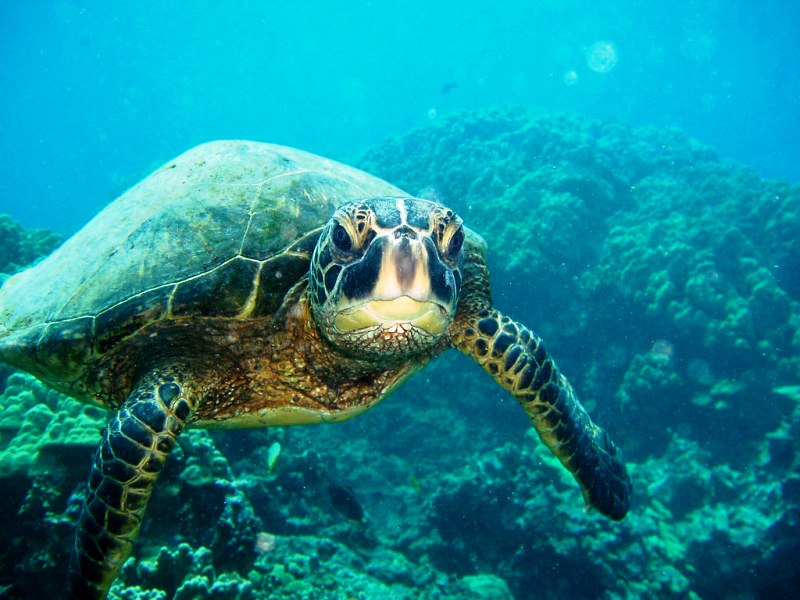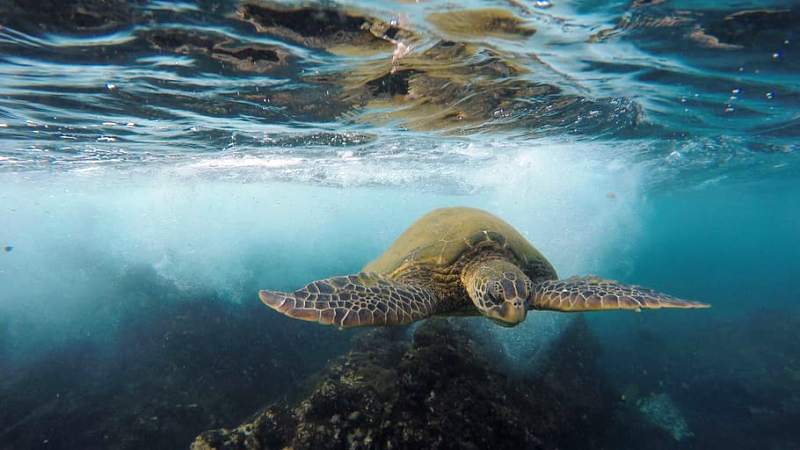Background
Sea turtles have traveled great distances across the world’s oceans for more than 100 million years, playing an essential role in balancing marine environments. Sea turtles are caught by most indigenous groups along the coasts of numerous countries, particularly in the tropics, for subsistence and animal protein. At first, this artisanal and subsistence harvesting, which was primarily for local use, was likely occurring at sustainable levels.
During the colonization of the New World, sea turtle consumption and commerce grew more frequent in temperate zones. Whalers and ocean explorers used sea turtles as a source of fresh meat during long voyages across the Atlantic Ocean from the Caribbean to Europe, as turtles were found to survive for weeks without food or water within the boats!
Human actions have skewed the scales against the ancient seafarers’ survival during the last 200 years. We hunted sea turtles for their eggs, flesh, skin, and shells. They also face habitat loss and bycatch (unintentional capture) in fishing gear. Climate change has also impacted turtle nesting places, changing sand temperatures and modifying hatchling sex. Almost all sea turtle species are currently considered endangered.
The island of Mayotte has a unique natural heritage, in which turtles occupy a vital place. But their existence is now threatened by poachers. On this territory, three-quarters of the population live below the poverty line. For some people, poaching is a means of survival. An association, the NGO Oulanga na Nyamba, is one of the turtle defense associations in Mayotte and has decided to go to the front to protect the marine turtles, make the population aware of their protection, and fight actively against their illegal exploitation.
In the heart of the Indian Ocean, the French department of Mayotte has exceptional biodiversity. Two species of turtles live and reproduce all year round on the island: the hawksbill turtle and the green turtle. Nature lovers go to the beaches of Saziley and Moya to observe these turtles.
Turtles: protected species

Protected by many international conventions, these species are also protected by the Pact to safeguard turtles, initialed in Mamoudzou, the economic capital of the island, at the end of 2020. Despite the penalties to discourage this prohibited practice, they are highly coveted by the many poachers who operate in Mayotte (up to three years imprisonment and 150,000 euros fine). Unfortunately, poaching represents the first cause of turtle mortality on the island of Mayotte.
For some time, associations for the preservation of turtles have been calling on elected officials to deal with this phenomenon which poses a serious threat to green turtles, which could even disappear in the long term. Meanwhile, poachers are making a lot of money from it: 1 kilo of a turtle is traded at around 60 euros…
Turtle poaching in Mayotte
Raising awareness of the population of Mayotte on the subject is a long-term work. The efforts undertaken by Oulanga Na Nyamba are not seen in a positive light by all the inhabitants of the island. The members of the Mahorese association have established the Tsitsola Nyamba project, which means “I don’t eat turtles”.
They have, for example, made marauding trips where the employees met the inhabitants to discuss the subject of turtle consumption and poaching. Awareness-raising workshops are also organized for children from difficult neighborhoods. The goal is above all educational; it is to talk about the stakes for biodiversity. There is also work to be done with elected officials to get them to act on this subject.
There is still a lot of work to be done, and there is still a long way to go. However, mentalities are changing. The inhabitants are more and more shocked by the practice of poaching.
In 2022, the association Oulanga Na Nyamba aims to found a care center dedicated to marine turtles. Meanwhile, even when their numbers are declining, we know that sea turtles play an important role in ocean ecosystems by maintaining healthy seagrass beds and coral reefs, providing critical habitat for other marine life, assisting in the balance of marine food webs, and facilitating nutrient cycling from water to land.
